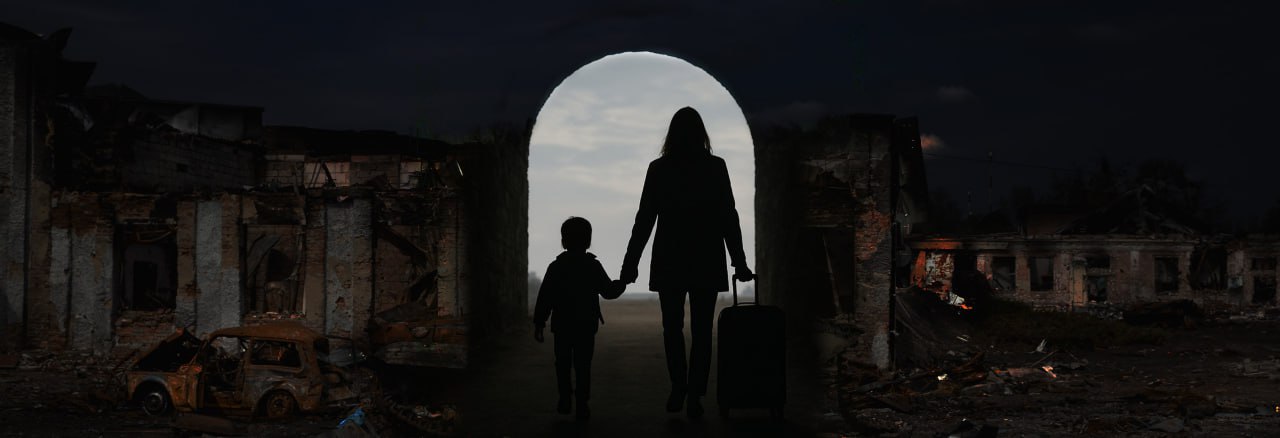Formal education in Ukraine, unreformed since the days of the USSR, has created a demand for a new quality of education that will meet current needs and assist in bringing abilities for full self-realization to a qualitatively new level. As a response to this demand, non-formal education emerged and continues to grow, addressing the current worldview needs of not just an individual but community and society as a whole. Non-formal education focuses on developing interprofessional, multipurpose, and various soft skills that help a person productively interact with reality. In the Protestant educational environment, the process of establishing platforms for a theological understanding of today’s challenges has only just begun. At the same time, the realities of a full-scale war in Ukraine further complicate the establishment of such platforms.
Therefore, the Eastern European Institute of Theology is launching the Summer School of Theology as a form of non-formal education and a platform for developing the Ukrainian theological community and its involvement in the global theological context. In the Ukrainian academic environment, theology is still regaining the role it lost during the age of atheism. Post-Christian religious narratives, such as Russian messianism and divine preference, are used to legitimize political agendas: as a means of establishing a totalitarian or authoritarian regime. Here, theology is expected not only to describe the world we live in and to offer answers to existential concerns but also to deconstruct these hostile narratives.
Goal of the School
The Summer School of Theology aims to create a platform for non-formal theological education that would consolidate an academic community in hopes that such a community would be capable of critically, productively, and creatively reflecting on the challenges of our present day and laying the foundations for a quality future, both at national and global levels.
01.
active theological community
The Summer School seeks to promote the formation of an active theological community, particularly within the Evangelical Protestant movement.
02.
interdisciplinary approach
The Summer School is based on an interdisciplinary approach to the creation of an open academic environment.
03.
Openness
The Summer School intends to attract representatives of various academic disciplines, thanks to openness and inclusion in the global context of a discussion around the most important issues of humanity’s future.
04.
integration into global context
The Summer School aims to promote the integration of the Ukrainian theological community into the European and global context through the integration of leading Western theologians, philosophers, and intellectuals into the discussion.
session 2025
World with Broken Borders: Theological Perspectives on Displacement and Diasporas
The reality of refugees and displaced persons is an unrelenting woe in the modern world. Almost every country in the 21st century faces the challenges of migration in one way or another: as a country that people leave or as a country that receives others. Russia’s war against Ukraine brought to us, among other injustices, the agonizing heartache of the experience of displacement...

session 2024
Living in the Body: Disability as an Opportunity for Welcoming the Other
Despite significant shifts in the way we view disability that have occurred over the past thirty years in history, politics, and the social sciences, in many societies, people with disabilities continue to be charity cases with limited access to education and work...

session 2023
Wounds of Today’s World: Doing and Living Theology in the Context of Trauma
Why does trauma occur? Can new life arise from death? Can theology offer anything for life after trauma and help survivors avoid further trauma? These questions are central to Christianity...

session 2022
Theology of the Other under Pressure of the Empire
Is the Other always a guest to be received, or is the other also a threat to be overcome? This issue becomes painfully acute in the context of present-day Ukraine, which is facing the threat of conquest by Russia...

Sponsored by


The work of our Institute would not be possible without your generous support and faith in our joint efforts. Your help today is a hope for the future of quality theological education in Ukraine.